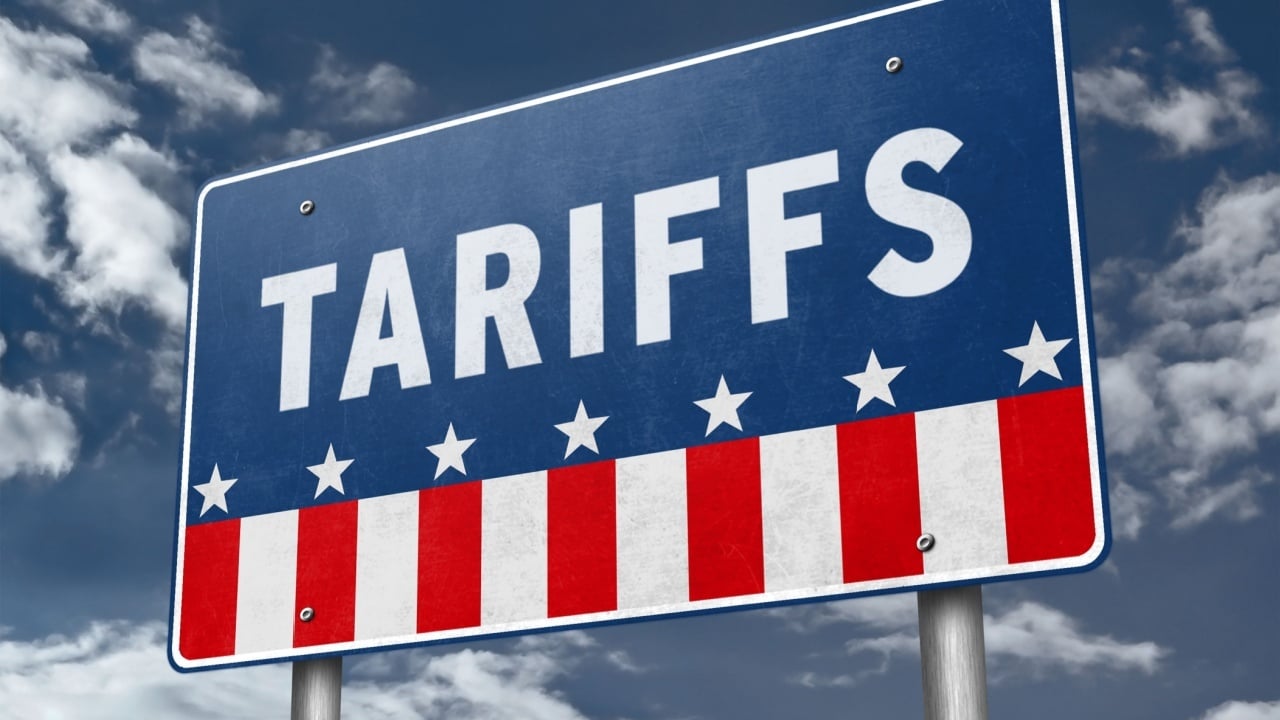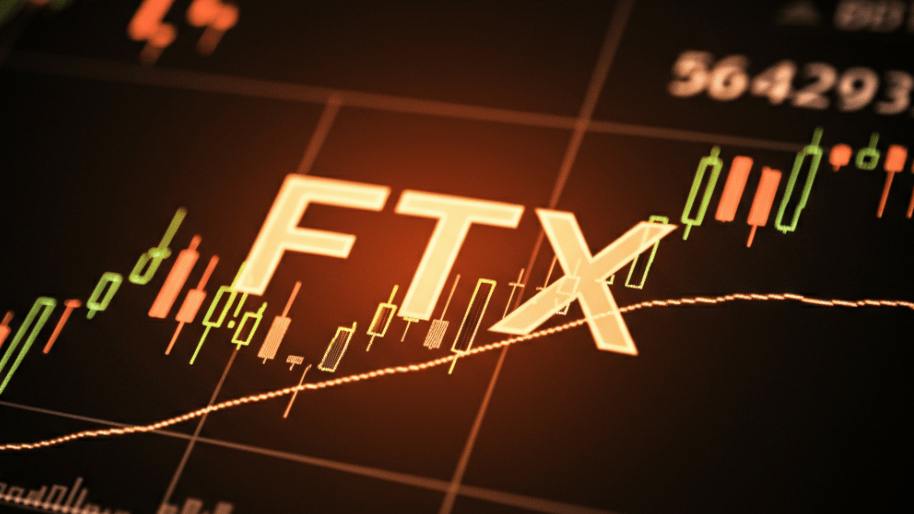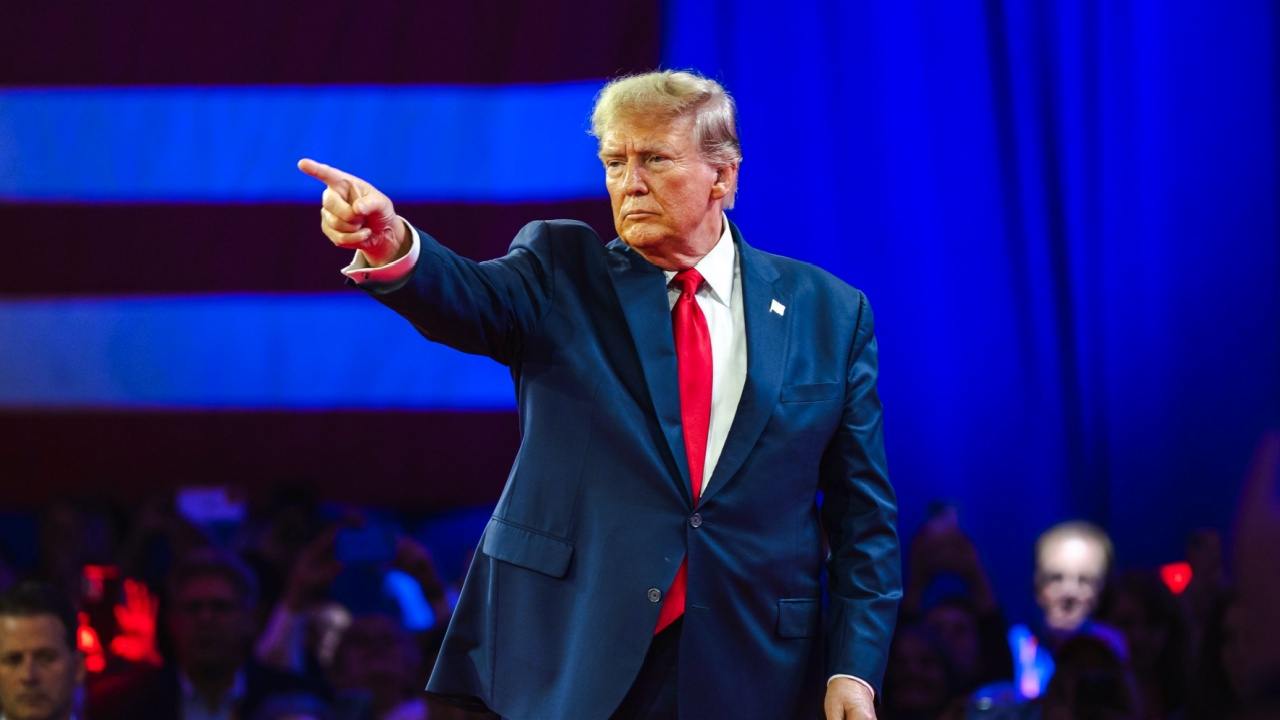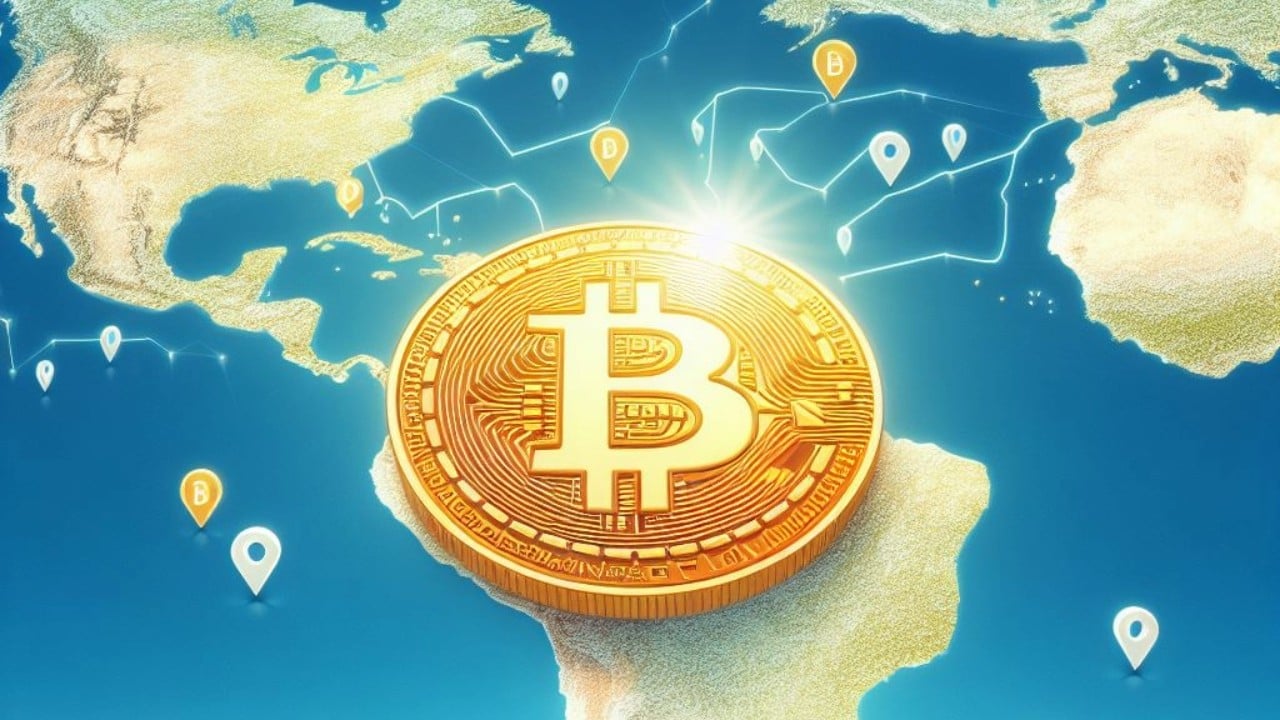Tether Cracks Down On Cambodian Fraud, Freezes $28 Million In USDT
Tether has frozen $28 million worth of USDT tokens connected to the Huione Group business in Cambodia. This is a big deal in the world of cryptocurrencies. This move comes after claims of theft and money laundering, showing how hard it is to regulate digital currencies. Related Reading: No Bail For Tornado Cash Dev Alexey […]

Tether has frozen $28 million worth of USDT tokens connected to the Huione Group business in Cambodia. This is a big deal in the world of cryptocurrencies. This move comes after claims of theft and money laundering, showing how hard it is to regulate digital currencies.
Tether And The ‘Pig Butchering’ Trap
Elliptic, a company that studies blockchains, says that Huione Group has been involved in “pig-butchering” scams. This is a type of scam in which scammers get people to trust them before getting them to invest in fake schemes. People say that the company is involved in illegal deals worth about $11 billion and mostly uses Tether’s USDT stablecoin to do business through Telegram.
TNVaKWQzau7xL9bcnvLmF9KSEQkWEs4Ug8 Timestamp: 12.07.2024, 23:21:36 UTC Event: AddedBlackList Balance: 28,257,162.94 USDT (TRC20)https://t.co/Whl97I1K7m
— USDT/USDC Ban List (@USDTBanList) July 12, 2024
According to Elliptic’s research, Huione Group may have ties to Cambodia’s royal family, which makes the case more complicated. But these claims have not been proven and need to be looked into further.
A new investigation from the Elliptic research team sheds light on online marketplace Huione Guarantee. The platform is widely used by scam operators in South East Asia, including those involved in #pigbutchering scams. Read the full analysis
https://t.co/p9tqquGhJ6
— Elliptic (@elliptic) July 10, 2024
Problems With Regulations
Cambodia’s bitcoin market is still mostly uncontrolled. The National Bank of Cambodia says that people shouldn’t use crypto, but there are no clear rules against individual deals. This lack of regulation has made it possible for companies like Huione to work in a murky area.
The country has taken steps towards blockchain technology by creating Bakong, a digital banking system that is regulated by the government. In contrast to decentralized cryptocurrencies, Bakong encourages people to use the local currency, the riel, instead of the US dollar.
Investigation And Attempts To Escape Are Still Going On
Even though Tether did what it did, blockchain security firm Bitrace thinks Huione is still trying to get around the freeze by creating new addresses and moving money between them. This game of cat-and-mouse shows how hard it is for the government to find and stop crypto-related crimes.
Bitrace said Huione set up a new address and moved $114,800 in USDC from the frozen wallet to it. Some of Huione’s other business addresses are still apparently working, which makes it harder to stop all of their operations.
The case has caught the attention of law enforcement and blockchain experts, who are trying to stop Huione from doing business by keeping track of crypto transactions and finding related wallets. What This Means For The Crypto Industry
This event brings to light a number of current problems in the bitcoin space. The example shows how digital currencies could be used in big schemes to commit theft and hide money. Also, it shows how governments and security companies can use blockchain technology to find and freeze money that seems suspicious.
The case also shows how important it is for cryptocurrencies to have strong legal systems. As digital assets become more popular, governments around the world are trying to figure out how to best regulate this new area of finance while also protecting consumers.
For stablecoin producers like Tether, the event shows how important it is for them to fight fraud in the crypto environment. Frozen wallets are a strong way to stop illegal activities, but they also bring up issues of centralisation and control in a place that values decentralization.
As the investigation goes on, this case serves as a lesson of how complicated it is for new financial tools, rules, and law enforcement to work together in the modern world. It shows that everyone involved in the bitcoin industry needs to stay alert and work together to make the environment safer and more open for users all over the world.
Featured image from Pexels, chart from TradingView
What's Your Reaction?




















